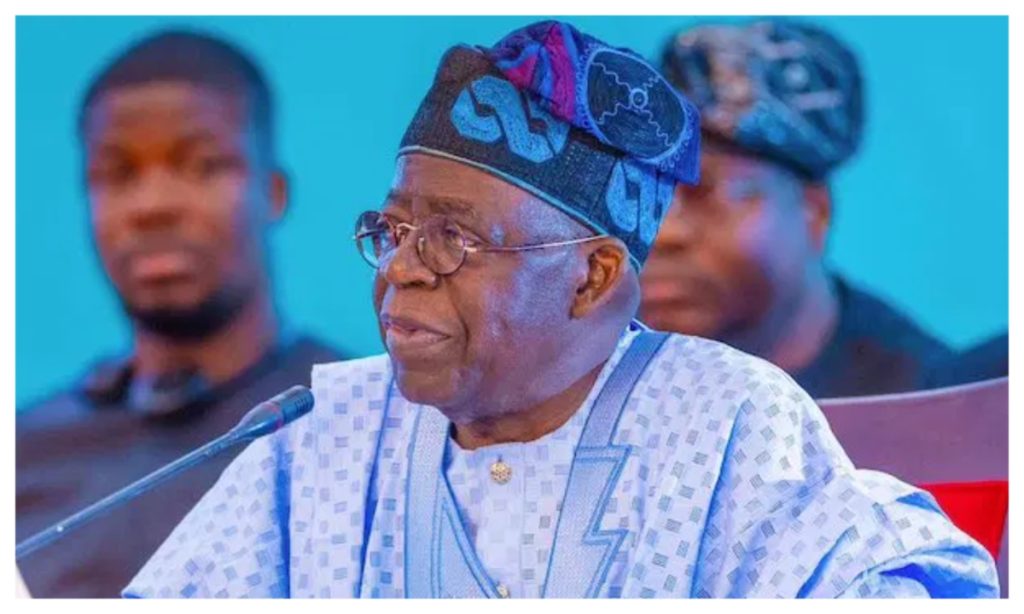A prominent All Progressives Congress (APC) chieftain, George Agbakahi, has responded to former Jigawa State Governor Sule Lamido’s claim that northerners will not vote for President Bola Tinubu in 2027. Lamido, speaking at a PDP caucus meeting, stated that “no right-thinking northerner” would support Tinubu due to the APC-led government’s alleged mismanagement of the economy.
Agbakahi, who serves as the media and publicity director for the APC 2023 Presidential Campaign Council, described Lamido’s remarks as “preposterous” and “deeply disappointing.” He argued that Lamido’s claims are unfounded and insult the intelligence of northerners who have benefited from Tinubu’s leadership. Agbakahi pointed out that the Tinubu administration has implemented various initiatives, including the Renewed Hope Agenda, which has yielded positive results in infrastructure development, security, agriculture, and education.
According to Agbakahi, the administration has invested in key projects such as the Kaduna Power Plant, the Abuja-Kaduna-Kano Road, and the Kano-Maiduguri Expressway. Additionally, the government has launched the $158.15 million Agriculture Value Chain Programme across nine northern states and established the National Commission for Almajiri and Out-of-School Children. Agbakahi also highlighted the administration’s achievements in reducing inflation, increasing revenue, and improving security, with notable gains in counterinsurgency operations and a significant decrease in terror-related deaths.
Agbakahi emphasized that Lamido’s assertion that the North will not vote for Tinubu is inaccurate and underestimates the region’s political sophistication. He noted that voting patterns in Northern Nigeria have historically varied and are influenced by local dynamics, party structures, and socio-political realities. Agbakahi concluded that the 2027 elections will be based on performance, not propaganda, and that President Tinubu’s achievements will speak for themselves.
The exchange between Agbakahi and Lamido reflects the ongoing political discourse in Nigeria, with various stakeholders presenting differing views on the country’s progress and future prospects. As the 2027 elections approach, it is likely that such debates will continue to shape the national conversation.
